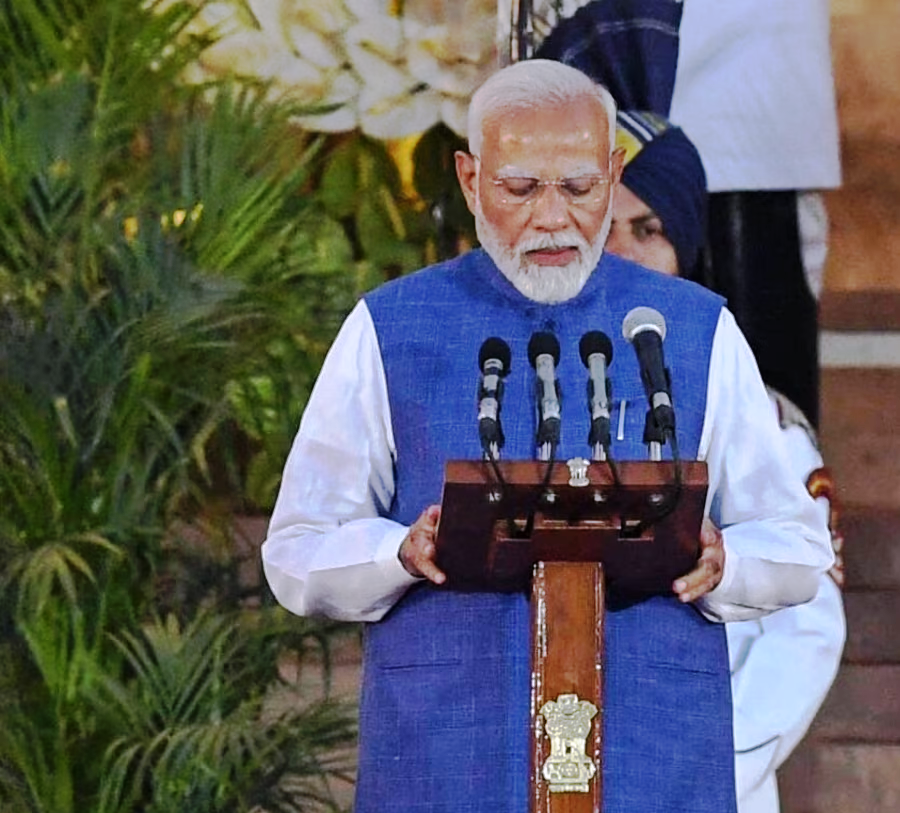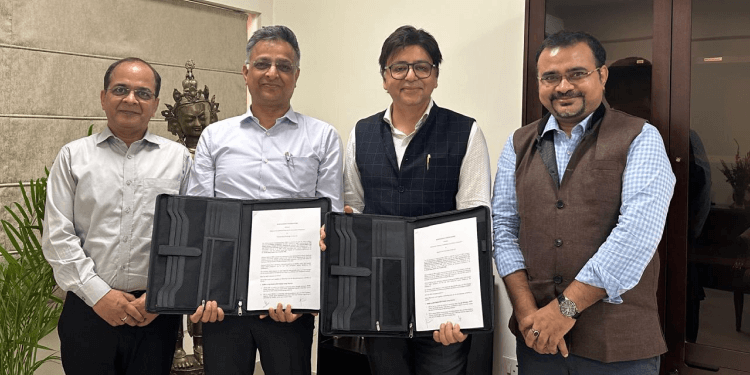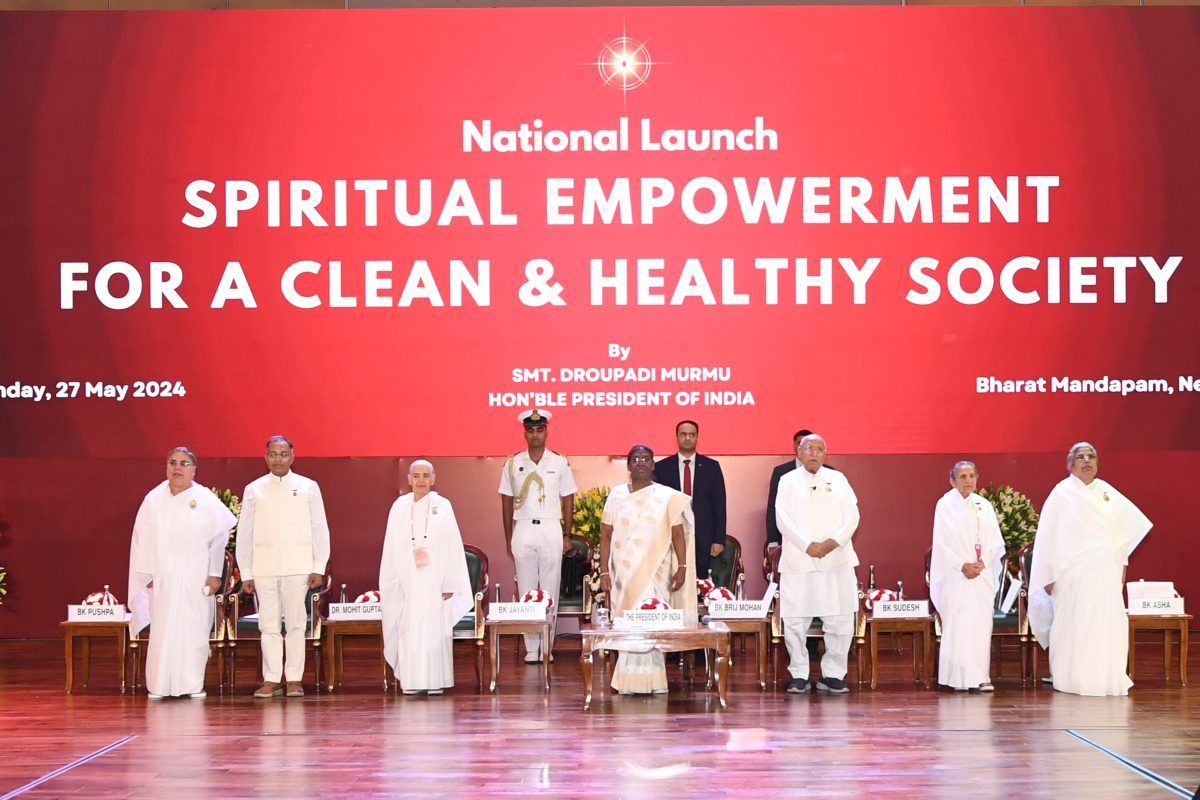The Govt Is Urged To Include NAAS, TAAS, And Farmers’ Union Recommendations In Pesticides Management Bill 2020 To Render It Science-Based And Pro-Farmer

The Pesticides Management Bill 2020 (PMB) that was tabled in the Rajya Sabha during budget session is a great opportunity for the Government to include the experts’ recommendations of the National Academy of Agricultural Sciences (NAAS) and the Trust for Advancement of Agricultural Sciences (TAAS), which were prepared after comprehensive consultation with all stakeholders, including farming community.
The Pesticide Management Bill, 2020, is a long-overdue law in the making since 2008. It will replace the old Insecticides Act, 1968. Considering advances in the modern pest management sciences and the effects of synthetic pesticides in our food, nutrition, health, wealth, and environment security, the Pesticide Management Bill should bring India’s pesticide sector in line with the latest global norms, with a robust Regulatory System.
Prof R.B. Singh, Former President, National Academy of Agricultural Sciences (NAAS), said, “The PMB in the present form is not based on scientific facts and does not adequately address the concerns of the farmers. The internalization of the NAAS and TAAS recommendations into the PMB will not only enhance the credibility of the Bill, but would also greatly augment the agro-ecological and socio-economic impact of pesticides as plant health chemicals towards Greening Agricultural Transformation in the country”.
He reiterated that pesticides play an important role in increasing agricultural productivity and preventing crop losses. However, despite very low intensity of pesticide use in the country, less than 0.5 kg/ha, against over 13 kg/ha in China, due to their indiscriminate use, negative impact on the health of humans, animals, biodiversity, and environment are not uncommon. The PMB 2020 has several loopholes and is silent on critical issues which will allow miscreants to compromise farmers’ welfare and socio-economic and environmental security. The NAAS and TAAS, involving the stakeholders along the value-chain, have scientifically identified the shortcomings and made science-informed recommendations to render the bill transparent and effective to meet peoples’ aspirations and to serve the farmers.
Prof Singh underpinned the highlights of the NAAS recommendations contained in NAAS Policy Brief entitled Better Management of Pesticides in India: Policy Perspectives, June 2020. These include: the essentiality of explicit and unambiguous definition of the terms used in the Bill; streamlining the import and registration of technical grade pesticides; strengthening research, technology, innovation, and public-corporate collaboration to locally produce efficient new green molecules (Aatmnirbhar Bharat); centrality of quality control, zero spurious pesticides, needed infrastructure and quality human resources; pesticide grouping for pest resistance management; ensuring safety of workers and related handling/application; decriminalization of the system, but fixing differentiated accountability along the value chain; and promoting data protection and building comprehensive data base for need-based use through applying data analytics.
He further highlighted that the TAAS-led Virtual Dialogue on Current Challenges and Way Forward for Pesticides Management, held on July 24, 2020, Chaired by Prof R S Paroda and Co-chaired by himself, had, likewise, deliberated on reorienting the regulatory mechanism, creating enabling environment for growth of pesticide industries, and strengthening pesticide research and innovation for development.
In concluding, Prof Singh emphasized that timely and effective use of the NAAS and TAAS recommendations in updating the PMB 2020, which is under active consideration in the Parliament, will greatly strengthen the cause of the Government to serve the farmer, the youth, the women, the economy and the ecology. By doing so, the Government will be humanizing science, becoming more vocal for local, harmonizing the Bill with the international provisions and procedures leading to increased international trade, thus promoting internationalization and rendering local more global. Most importantly, by accomplishing the needful, we shall glorify Jai Kisan, Jai Vigyan, and Jai Anusandhan.
Mr. Bhupinder Singh Mann, National President All India Kisan Coordination Committee and National President of Bhartiya Kisan Union said, “PMB 2020 is an excellent opportunity to replace the old Insecticides Act, but, unfortunately it has again placed farmers back under the Banyan tree. It promises to address some of the agriculture sector’s longstanding demands and must provide “Right to technology to Farmers for quality Crop Protection” by overhauling the regulatory system. Introduction of new technology pesticides on priority, data protection, use of bio-seeds, regulating spurious pesticides, and upgraded new technology will help the agriculture sector in transition to contemporary farming practices.
He further added, “The PMB 2020 is critically important as it’ll address various issues and concerns about pesticides and their handling to ultimately empower farmers by providing them with all the information about the strengths and weaknesses of pesticides, the risks, and alternatives, as in our Country at present, only 292 pesticides are registered out of a total of 1125 pesticides available in the world while our neighboring countries like Pakistan and Vietnam already have more than 500 pesticides, leaving very limited choice for our farmers.”





